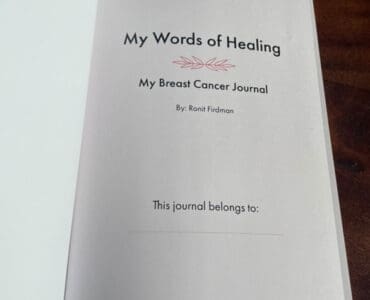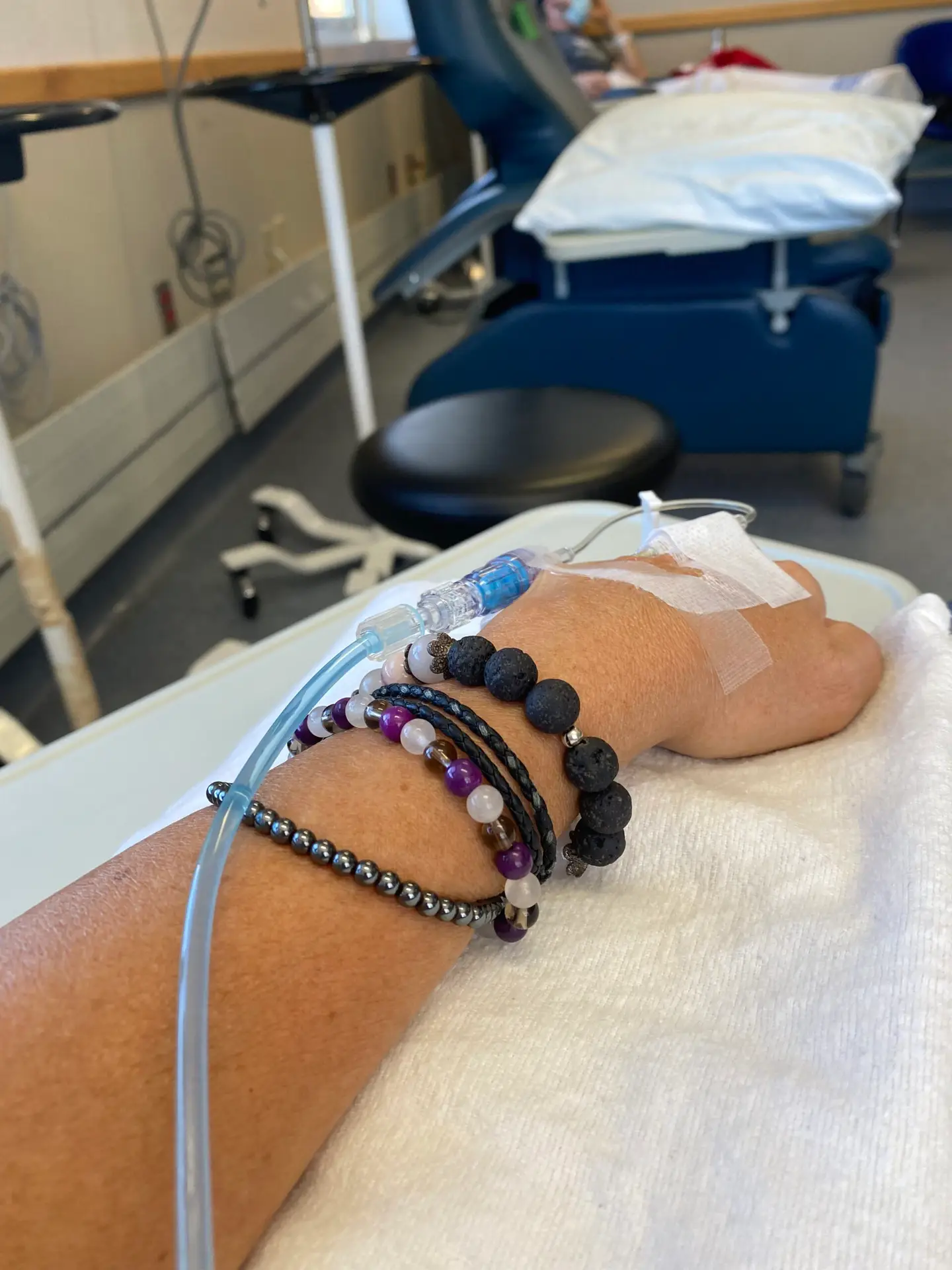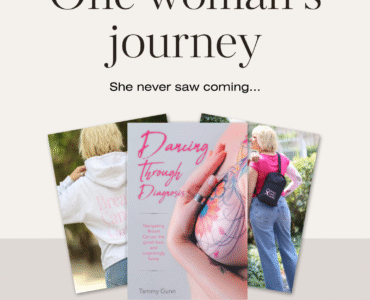The recent news of celebrities like Olivia Munn bravely sharing their battles with breast cancer sparks a myriad of emotions and a jumping-off point for discussion. On the one hand, the openness of Munn and other celebrities such as Angelie Jolie, Linda Evangelista, and Julia Louis Dreyfus helps shed light on an illness that affects millions worldwide. This can reduce stigma around the disease and treatments and encourage body awareness and early detection. Yet, beneath the surface, lies a complex narrative that challenges our perceptions of representation and privilege in the face of such a diagnosis.
It’s undeniable that celebrities like Munn have a platform and resources that many ordinary individuals do not. From access to cutting-edge medical treatments to the ability to take time off work without financial strain, celebrities and their experiences with breast cancer are often far removed from the realities faced by the average woman.
One aspect that garners attention is the availability of cold capping, a technique that helps prevent hair loss during chemotherapy. While hailed as a game-changer for many undergoing cancer treatment, it remains largely inaccessible to those without the financial means to afford it. The stark contrast between celebrities sporting full heads of hair during treatment and everyday individuals grappling with the loss of their locks underscores the privilege at play.
Moreover, celebrities often have access to top-notch reconstruction surgeons, enabling them to undergo procedures that yield aesthetically pleasing results. While the option of breast reconstruction is a significant aspect of post-cancer recovery, it’s essential to recognize that not everyone can afford such procedures or may have limited access to skilled surgeons. Having celebrities disappear for a period of time, then pop back up looking red carpet ready with a full mane of hair, flawless makeup and a perfect set of breasts is just not the reality for the majority of women and I worry, diminishes the physical and emotional damage wrought by this disease.
Additionally, the ability to put careers on hold without financial repercussions is a luxury that many cannot afford. For celebrities, taking time off work to focus on treatment and recovery is not only feasible but also buffered by financial security. In contrast, countless women must navigate the gruelling demands of treatment while juggling work and family responsibilities, often without adequate support or accommodations.
While acknowledging the privileges that come with celebrity status, it’s crucial not to diminish the significance of their contributions to breast cancer awareness and advocacy. By sharing their stories, and in Olivia Munn’s case, by shining the spotlight on risk assessment tools available to young women, they amplify the conversation surrounding early detection, treatment options, and the importance of emotional support during a challenging journey.
The visibility of celebrities facing a diagnosis serves as a reminder that breast cancer does not discriminate based on fame or fortune. Sadly, even prominent members of the Royal Family are dealing with a cancer battle. Regardless of one’s socioeconomic status, the diagnosis can be equally devastating and life-altering. However, the portrayal of celebrity experiences must be balanced with a broader representation of the diverse realities faced by women from all walks of life.
In striving for a more inclusive narrative, it’s essential to elevate the voices of those who lack the resources and privileges afforded to celebrities. Highlighting the experiences of underserved communities, including women of color, low-income individuals, and those with limited access to healthcare, is paramount in fostering a more comprehensive understanding of the impact of breast cancer.
What I’d like to see is that these celebrities not just “bravely share their story” but also, throw their influence and money into improving access to essential resources and support services for all individuals affected by breast cancer. From expanding insurance coverage and access to screening, to funding innovative treatments, to investing in community-based programs that provide emotional and financial assistance for women impacted by this disease, there is so much more to be done in bridging the gap in healthcare disparities.
Ultimately, the intersection of celebrity status and breast cancer diagnosis underscores the complexities of representation and privilege in society. While their stories shed light on the journey of resilience and hope, it’s essential to recognize the inherent disparities that exist and work towards a more equitable future for all individuals affected by this disease.




